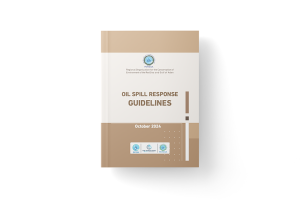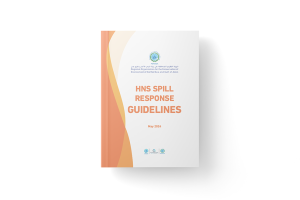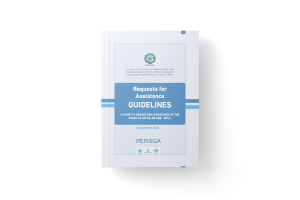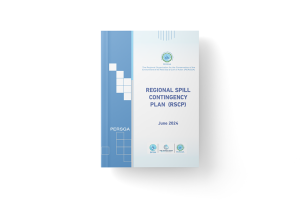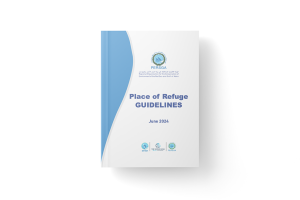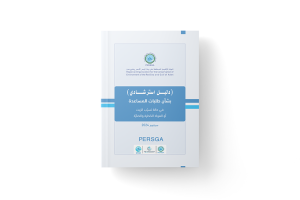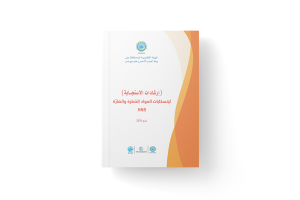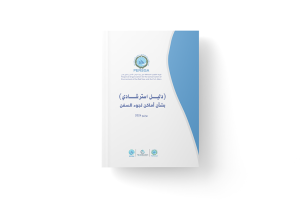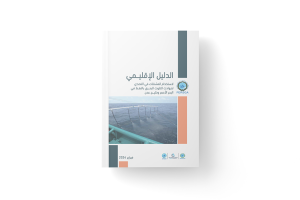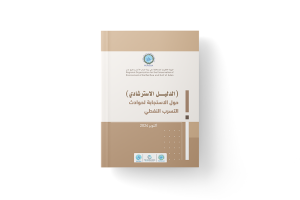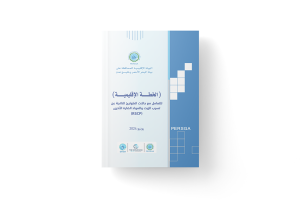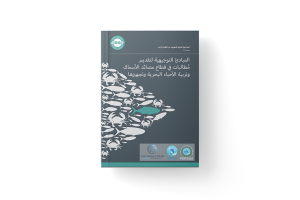Marine Pollution Risks on LMR
In order to strengthen regional capacities to respond to marine incidents that could have detrimental impacts to the marine ecosystems, especially on marine fishery and their critical habitats, the SFISH project provides significant support for effective implementation of the Jeddah Convention (1982) and associated protocols, particularly the Protocol Concerning Regional Cooperation in Combating Pollution by Oil and Other Harmful Substances in Cases of Emergency. The existing regional oil spill contingency Plan (ROSCP) provides a framework for collaboration in contingency and response to marine pollution at a regional level as well as specific coordination mechanisms in case of a major marine oil spill in the region. The PERSGA Regional Program for Reduction of Navigation Risk and Marine Pollution also provides operational base. This program undertakes regular capacity building and regional coordination activities to combat marine pollution in the region. Under this program, PERSGA has also established regional center for marine Emergency Mutual Aids in the Red Sea and Gulf of Aden (PERSGA-EMARSGA), based in Hurghadah, Egypt since 2006.
In this connection, SFISH project has identified three priority activities to strengthen the above-outlined current regional efforts, including i) upgrading the OILMAP modelling system at EMARSGA center to integrate chemical modelling component: ii) update and extend the current ROSCP, and associated guidelines, training program to include HNS pollution aspects; and iii) Strengthen regional capacities and awareness in the area of ship waste reception facilities and implementation of Red Sea Special Area status under MARPOL Annexes I and V concerning ship oil and wastes.
- Regional Workshop on “Marine Oil and Chemical Spills Contingency planning and Response in the Red Sea and Gulf of Aden Region”, 29 April-02 May 2024, Jeddah, Saudi Arabia
- National Workshop on “Assessing the Chemical Spill Risk Involving HNS Transported by Sea in the Region”, 30 to 31 January 2024, Jeddah, Saudi Arabia
- Djibouti National Stakeholders Consultation as Part of the Chemical Pollution Risk Assessment Involving HNS Transported by Sea in the Region
- Hands-on Training on Upgrade of the EMARSGA Center Regional Information System and Pollution Spill Modeling Functions to Support Response
- National Workshop on Assessing the Chemical Spill Risks involving HNS transported by sea in the region- Mission and Workshop Report January 2024
- PERSGA – Regional Assessment and Gap Analysis Report – February 2024
- Addressing the MV SOUNION Spills threats in the Red Sea
- National Workshop on “Sensitivity and Vulnerability Mapping of the Sudanese Coast”24-25August 2025 in Port Sudan

